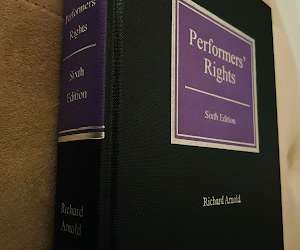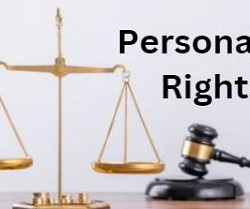Growth of Virtual Youtubers and IP Complications
IIPRD
JANUARY 29, 2023
The issues pertaining to the rights of VTubers encompass rights to the design of the character, the privacy of the individual, licensing and taking inspiration from an existing character. 5] The content creator reached out to the artist for a commissioned artwork which is a unique character design. 6] Stuart D.












Let's personalize your content